Bonus Episode: The History Guy with Dan Snow
Hampshire HistBites
Dan Snow is a BAFTA award winning historian, broadcaster and television presenter. Dan makes programmes around the world on a range of historical topics, from the abandoned Viking churches of Greenland to war damaged sites of Timbuktu. He is the host of one of the world’s biggest history podcasts, Dan Snow’s History Hit and is the Founder andCreative Director of History Hit TV, a digital history television channel described by the Times, ‘The Netflix of History.’
Evelyn Dunbar & Sparsholt College
Hampshire HistBites
Licoricia Part 2
Hampshire HistBites
Rebecca Abrams is a British author, teacher and journalist, based in Oxford. She is a long-standing tutor on the Masters in Creative Writing at the University of Oxford and a regular literary critic for the Financial Times.
Rebecca produces both fiction and non-fiction. Her 2022 book ‘Licoricia of Winchester: Power and Prejudice in Medieval England’ was written in collaboration with The Licoricia of Winchester Appeal, and has met withcritical success in the UK and beyond. Other works include Touching Distance;The Jewish Journey (in collaboration with the Ashmolean Museum); When Parents Die; and Three Shoes One Sock & No Hairbrush.
Licoricia Part 1
Hampshire HistBites
Rebecca Abrams is a British author, teacher and journalist, based in Oxford. She is a long-standing tutor on the Masters in Creative Writing at the University of Oxford and a regular literary critic for the Financial Times.
Rebecca produces both fiction and non-fiction. Her 2022 book ‘Licoricia of Winchester: Power and Prejudice in Medieval England’ was written in collaboration with The Licoricia of Winchester Appeal, and has met withcritical success in the UK and beyond. Other works include Touching Distance;The Jewish Journey (in collaboration with the Ashmolean Museum); When Parents Die; and Three Shoes One Sock & No Hairbrush.
Hampshire Archives Trust
Hampshire HistBites
Hovercraft Museum
Hampshire HistBites
Join HistBites’ host, Julian Gerry as he speaks with Doug Coulson, curator of the Hovercraft Museum at Lee-on-the-Solent. The Hovercraft Museum is the only of one of its kind in the world and holds greatest collection of Hovercraft archive, film, and historic craft. Founded in 1987, Doug has been volunteering there since the late 90s and he is also a trustee.
Queen Emma of Normandy Part 2
Hampshire HistBites
History generally remembers Emma of Normandy as the wife of King Cnut and the mother of the last Anglo-Saxon King of England, Edward the Confessor. However, Emma’s life, as with most Queens, was so much more than the wife and mother of Kings. Join Johanna Strong as she interviews Steven Bishop about Emma’s amazing life and discover how Winchester became Emma’s final resting place.
Queen Emma of Normandy: Much More Than a Wife (Part 1)
Hampshire HistBites
History generally remembers Emma of Normandy as the wife of King Cnut and the mother of the last Anglo-Saxon King of England, Edward the Confessor. However Emma's life (as with most Queens) was so much more than a wife and mother.
Join Johanna Strong as she interviews Steven Bishop (PhD) about Emma's amazing life, and how it ended with Winchester as her final resting place.
War Reaches Hampshire: Catastrophe in the Cathedral
Hampshire HistBites
One day, the halls of Winchester Cathedral are filled with whispered prayers and holy songs. The next, they echo with the roaring of gunfire and hooves crashing over the tombs of holy men.
The English Civil War was a conflict that spared neither the lowest of peasants nor the highest of kings. It was only a matter of time before the winds of war reached Winchester. In this episode, listen to a 'firsthand' account of the damage caused to Winchester Cathedral and the impact it had on the city.
Alex Beeton, a third-year PhD student at Oxford University studying early modern British history, talks about the history of the English Civil War and the fascinating stories of the people involved.
If you want to find further information on this episode or to listen to other episodes of Hampshire HistBites, visit our website.
250 Years of History with the Hampshire Chronicle
Hampshire HistBites
At a glance, Winchester is a city preserved in history—sheltered from the winds of time and change. Upon closer inspection, you will discover that there are new stories and developments happening around every corner. It’s the job of Andrew Napier and a dedicated team of journalists to find these events and bring them to readers across the county.
Week after week for 250 years, the Hampshire Chronicle has been a steadfast source of news. With the internet and social media becoming increasingly important elements of our lives, how has the Chronicle adapted? What are its plans for the future? Andrew Napier tells the story.
If you want to find further information on this episode or to listen to other episodes of Hampshire HistBites, visit our website.
From Riches to Rags, then Restoration - King John’s House
Hampshire HistBites
Over the course of centuries, how many times can one building change ownership? How many voices of the past echo within its rooms and halls? These are questions that Mark Udall, General Manager of King John’s House, seeks to answer as he joins our host, Richard North.
Within the complex of historic buildings, traces of the past can be seen tucked away in shadowy corners and carved into stone walls. In this episode, Mark also talks about the effort to bring the past of King John’s House to life.
If you want to find further information on this episode or to listen to other episodes of Hampshire HistBites, visit our website.
Black John: Southampton's 16th Century African Entrepeneur
Hampshire HistBites
Black John was a free African carpenter who chose to make a living in Southampton at the turn of the 16th century. Dr Abdoulie Sanneh reveals John’s story and how he brought it to life with the Sarah Siddons Fan Club theatre performance company. Additionally, Dr Sanneh talks about his own story of coming to Southampton from the Gambia and founding The United Voice of African Associations (TUVAA), a non-profit organisation for blacks and Africans in Hampshire.
If you want to find further information on this episode or to listen to other episodes of Hampshire HistBites, visit our website.
Myths and Legends of the Test Valley
Hampshire HistBites
In the beautiful village of Amport, an owl hoots, and then a baker’s daughter pays a magical price for her cruelty. ‘The Baker’s Daughter of Amport’ is one of many local legends that Amanda Kane-Smith brings to life as a storyteller. Combining magic, mythical creatures, and real locations in the Test Valley, her book Test Valley Tales takes readers on a journey across history through fascinating stories and beautiful illustrations.
Additionally, Amanda explores her work as a ‘Merry-go Round storyteller’ at events, festivals, libraries, and other locations across Hampshire.
If you want to find further information on this episode or to listen to other episodes of Hampshire HistBites, visit our website.
Barley, Hops, and Toil: Ingredients to Southwick Brewhouse’s Success
Hampshire HistBites
In 1957, Master Brewer Dick Olding produced his last batch of beer and retired at the age of 81. Martin Bazeley and Matt Hallett join Julian Gerry to share Olding’s story, as well as the decades of history and tradition behind the brewing process. Keep listening to learn about the vital role of the brewery during the Second World War!
This is our first episode of Season 8! If you want to find further information on this episode or to listen to other episodes of Hampshire HistBites, visit our website.
Walkeology: Wanders, Wonders and Wunderkammers
Hampshire HistBites
In this episode, the final one of Season 7 we join Fay Stevens, Adjunct Assistant Professor at the University of Notre Dame, and explore walking as a question.
An archaeologist by training, Fay is interested in the potential of objects and the way we organise them to inspire wonder and stimulate both the individual mind and collective conversation.
We can all create a ‘wunderkammer’ – a cabinet of curiosities – that mirrors our experience, emotions and environment as we go. In doing so, we follow in the footsteps of great antiquarians including Elias Ashmole and Sir John Soane, and engage with a rich heritage that lives not just in museums, but wherever we walk, collect and curate- even on our kitchen tables.
If you want to find further information on this episode or to listen to other episodes of Hampshire HistBites, visit our website.
Hampshire Cultural Trust: Linking the Past with the Future
Hampshire HistBites
Hampshire Cultural Trust is an organisation that manages twenty-three museums, arts centres, and galleries across the county and cares for millions of historical objects. Chief Executive Paul Sapwell reveals what it takes to keep such a vast network of history and culture accessible to Hampshire’s residents. Additionally, he explores some exciting developments the Trust is undertaking, as well as a behind-the-scenes look at a fascinating partnership.
If you want to find further information on this episode or to listen to other episodes of Hampshire HistBites, visit our website.
The Hidden House in Hursley Park
Hampshire HistBites
Hursley Park near Winchester is a private estate owned by the IBM. Here you will find new buildings and also an 18th-century Queen Anne style mansion in which - many of our listeners will recall - once saw spitfires built in the ballroom! Today’s story however is takes us back even further in time as once a grand Tudor house stood here, almost forgotten apart from a faint outline on the croquet lawn.
In 2021, the Winchester Archaeology Rescue Group (WARG) was given exclusive access to excavate the site and learn more about what was hiding under the earth. Dave Key, the voluntary science historian at Hursley Park and Stuart Rippon, a member of WARG reveals the incredible discoveries they made.
If you want to find further information on this episode or to listen to other episodes of Hampshire HistBites, visit our website.
Tragedy at Sea: Southampton's Connection to the Titanic
Hampshire HistBites
As the RMS Titanic left Southampton on 10th April 1912, crowds filled the docks to wave goodbye to their friends and family. Many of the ship’s crew and passengers were Southampton natives who would never return to their city again.
Mary Taylor, a Southampton tourist guide, leads listeners on a trail through Southampton to historic sites relating to the ship, reveals how the city mourned after the tragedy, and explores the real stories of passengers aboard the ill-fated journey.
If you want to find further information on this episode or to listen to other episodes of Hampshire HistBites, visit our website.
The Life and Death of Henry V’s Navy in Hampshire
Hampshire HistBites
For centuries, England has been known as one of the world’s strongest naval powers, but in the tumultuous age of Henry V, this fearsome reputation had yet to be forged. During the Hundred Years’ War, England and France waged a fierce war at sea. In this episode, Dr Ian Friel talks about Hampshire’s vital role in defending England and attacking France, as well as the brutal methods medieval sailors waged war on each other.
If you want to find further information on this episode or to listen to other episodes of Hampshire HistBites, visit our website.
Pear Tree Church: From the Bishop of Winchester to the Life of Pi
Hampshire HistBites
Join us for a fascinating insight into the history of the little-known Pear Tree Church in Southampton. From its peaceful position close to the eastern bank of the River Itchen, Pear Tree’s influence and intrigue stretch far wider than first jumps out to the eye. In fact, the Church represents the oldest place of worship anywhere in the world to have been intentionally constructed as a seat of the Anglican faith (rather than converted from use as a Catholic site, for example). What’s more, the sermon written for its consecration has gone on to have a worldwide impact, acting as the template for every service since conducted to inaugurate Anglican churches worldwide. Join us to hear how, and why this came to be.
Stepping back from the grand and the global, there’s also a wealth of local history to discover in Pear Tree’s own story. In this episode, we’ll hear how the church has played a role in reflecting the ups and downs of its host city over the last four hundred years. Its roots were simple – though there’s rumour of a royal sapling somewhere along the way – and tell a story of a small community at the edge of a great maritime centre. Yet, over time, Pear Tree profited from growth, reinvention and the city’s evolution first into a bathing station and then a spa town at the heart of global merchant networks. Its fabric tells this story in their gradual aggrandisement.
Nonetheless, there’s also a darker side to the site - a sorry tale of the sea and struggle for life. Within the Church’s walls lies a monument to one of Southampton’s young sons shipwrecked, killed by cannibals and eventually commemorated in the well-known novel The Life of Pi. This is no simple story - maritime tradition, family love and the history of English law are all woven within. Listen in for more.
WARNING: THIS EPISODE INCLUDES REFERENCES TO CANNIBALISM, WHICH SOME LISTENERS MAY FIND DISTURBING.
For more information about this episode, or to browse some of our other seasons, visit our website.
How Two Millenia of History Shaped the River Itchen
Hampshire HistBites
At first glance, the River Itchen appears to be nothing more than a quaint waterway without much history behind it. However, within its calm streams rests thousands of years of human civilisation. Elizabeth Proudman, a local historian and former Winchester tour guide, takes listeners on a tour through the city’s history and its ties to the River Itchen. Whether it’s flowing past Iron Age fortresses, a Medieval capital, or a modern city, the river has been an inseparable part of local history.
This is our first episode of Season 7! To see maps, visual aids and to find out more about the waterways in Winchester, visit our website here.
Dark Gold: The Lifeblood of Early Modern Europe
Hampshire HistBites
In our last episode on chocolate, Andy Silen-McMillin joins Holly Marsden as they trace its journey across early modern Europe and its many uses as a product.
When most people think of chocolate today, they think of hot chocolate or chocolate bars. However, did you know that it was once used as an aphrodisiac? Holly Marsden and Andy Silen-McMillin explore the recipes, uses, and products made with chocolate.
For kings and queens in early modern Europe, chocolate was power, and power was everything. Discover how this fascinating link developed!
On our website you will find more information about this episode including photographs, our fantastic show notes and a downloadable version of the transcript; visit our website by clicking here.
Please note the HistBites team are taking a break over Christmas and January, but plan to return with a brand new season in February 2022. Already lots of podcasts have been recorded but if you know of a great Hampshire story or are a Hampshire based historian with a national or international story to share, do get in touch. We’d be delighted to hear from you, and maybe your story will appear in the first season of 2022.
Dark Gold: A Drink for Doctors and Kings
Hampshire HistBites
Join us as we trace the fascinating journey of chocolate in the 17th, 18th and 19th centuries - from its arrival - not without issue - on Hampshire shores, to its place at the very centre of Stuart royal life. Guided on our way by Holly Marsden, a specialist on the life and times of Mary II, we hear how the Queen placed this bittersweet substance at the heart of her work to reshape the English Court, both physically and in terms of the ritual and image-making that projected power and prestige.
On our website you will find more information about this episode including photographs, our fantastic show notes and a downloadable version of the transcript; visit our website by clicking here.
Dark Gold: Bringing Chocolate from Mesoamerica to Europe
Hampshire HistBites
It’s that time of the year when Terry’s Chocolate Oranges and tins of Quality Streets are lining the shelves – but how much do you really know about the history behind chocolate?
In the first of a three-part series, join Dr Gabrielle Storey and Johanna Strong as they explore the historical production process and chocolate’s journey to Europe. This episode sets the scene ahead of two subsequent episodes which will expand upon this topic to consider the history of chocolate in Hampshire, the use of chocolate in early modern court life, and different historical recipes and uses of chocolate.
CONTENT WARNING:
Please note that this episode will contain discussions of sensitive topics including enslavement and acts of violence. Any history of the development and production of chocolate must consider the impact it had on indigenous populations and how enslaved labour was exploited. This material may be distressing to some listeners, there is a transcript available if you would like to read this episode instead.
On our website you will find more information about this episode including photographs, our fantastic show notes and a downloadable version of the transcript; visit our website by clicking here.
Hampshire Ramblers’ Fight to Preserve our Paths
Hampshire HistBites
The UK’s historic walking trails have been used for millennia. Roman sandals have walked the same paths as modern trainers. But these routes are in danger of disappearing forever. Join Peter and Paul from the Hampshire Ramblers to learn how they’re being saved!
2026 represents the deadline for retracing and reclaiming lost paths, and old rights of way, that have since dropped off the (latest) map in England and Wales. In this episode, we hear from two volunteers leading the effort to uncover what has been lost, and restore the rights of way to the map before time runs out. The project, ‘Don’t Lose Your Way’, aims to bring a nationwide community of volunteers together to review old maps of England and Wales, spot historic rights of way that no longer appear on the most modern plans, and support applications to have these ‘lost paths’ restored and preserved for posterity.
On our website you will find more information about this episode including photographs, our fantastic show notes and a downloadable version of the transcript; visit our website by clicking here
 Bonus Episode: The History Guy with Dan Snow
27:53
Bonus Episode: The History Guy with Dan Snow
27:53
 Evelyn Dunbar & Sparsholt College
35:27
Evelyn Dunbar & Sparsholt College
35:27
 Licoricia Part 2
30:13
Licoricia Part 2
30:13
 Licoricia Part 1
24:20
Licoricia Part 1
24:20
 Hampshire Archives Trust
20:46
Hampshire Archives Trust
20:46
 Hovercraft Museum
33:20
Hovercraft Museum
33:20
 Queen Emma of Normandy Part 2
23:49
Queen Emma of Normandy Part 2
23:49
 Queen Emma of Normandy: Much More Than a Wife (Part 1)
23:13
Queen Emma of Normandy: Much More Than a Wife (Part 1)
23:13
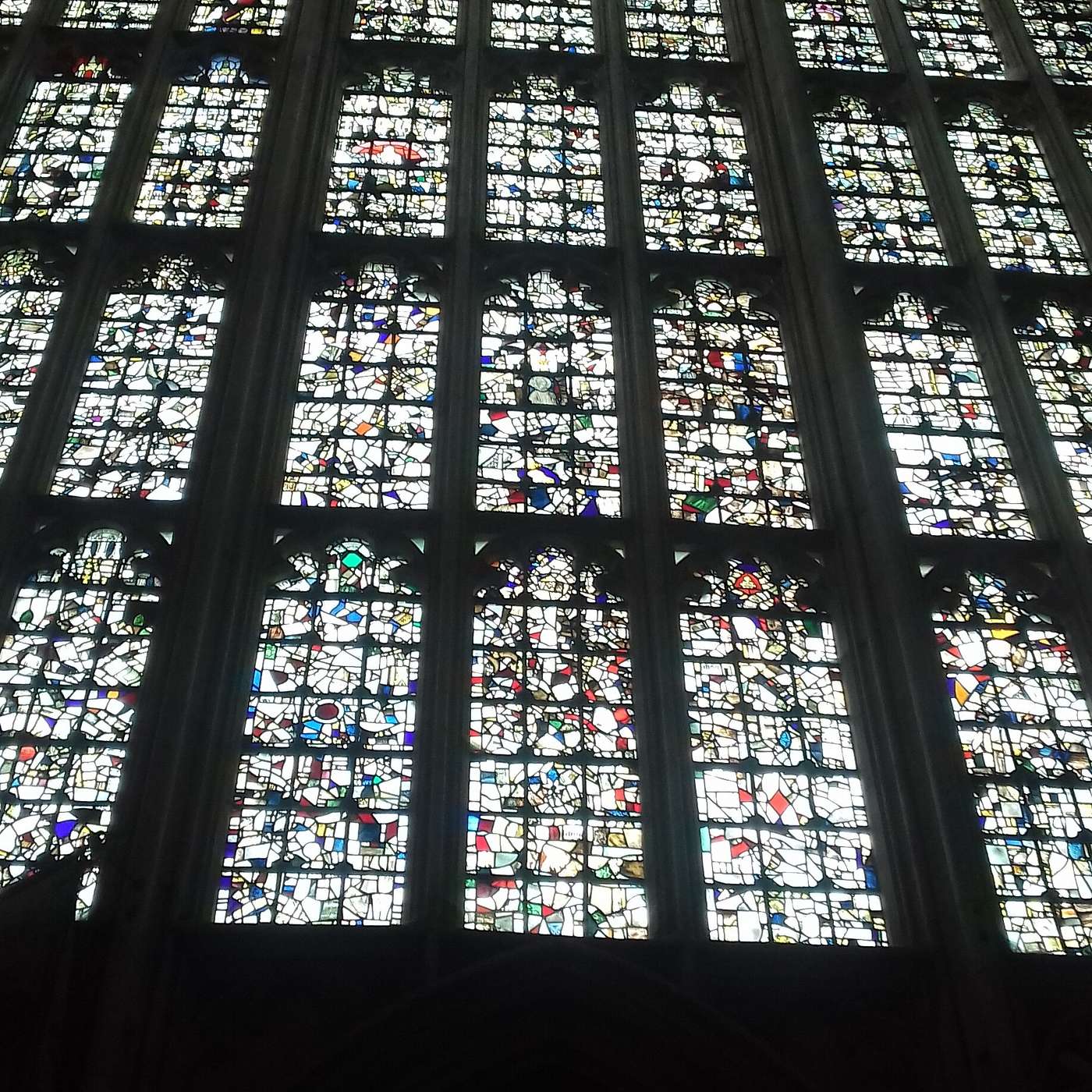 War Reaches Hampshire: Catastrophe in the Cathedral
33:54
War Reaches Hampshire: Catastrophe in the Cathedral
33:54
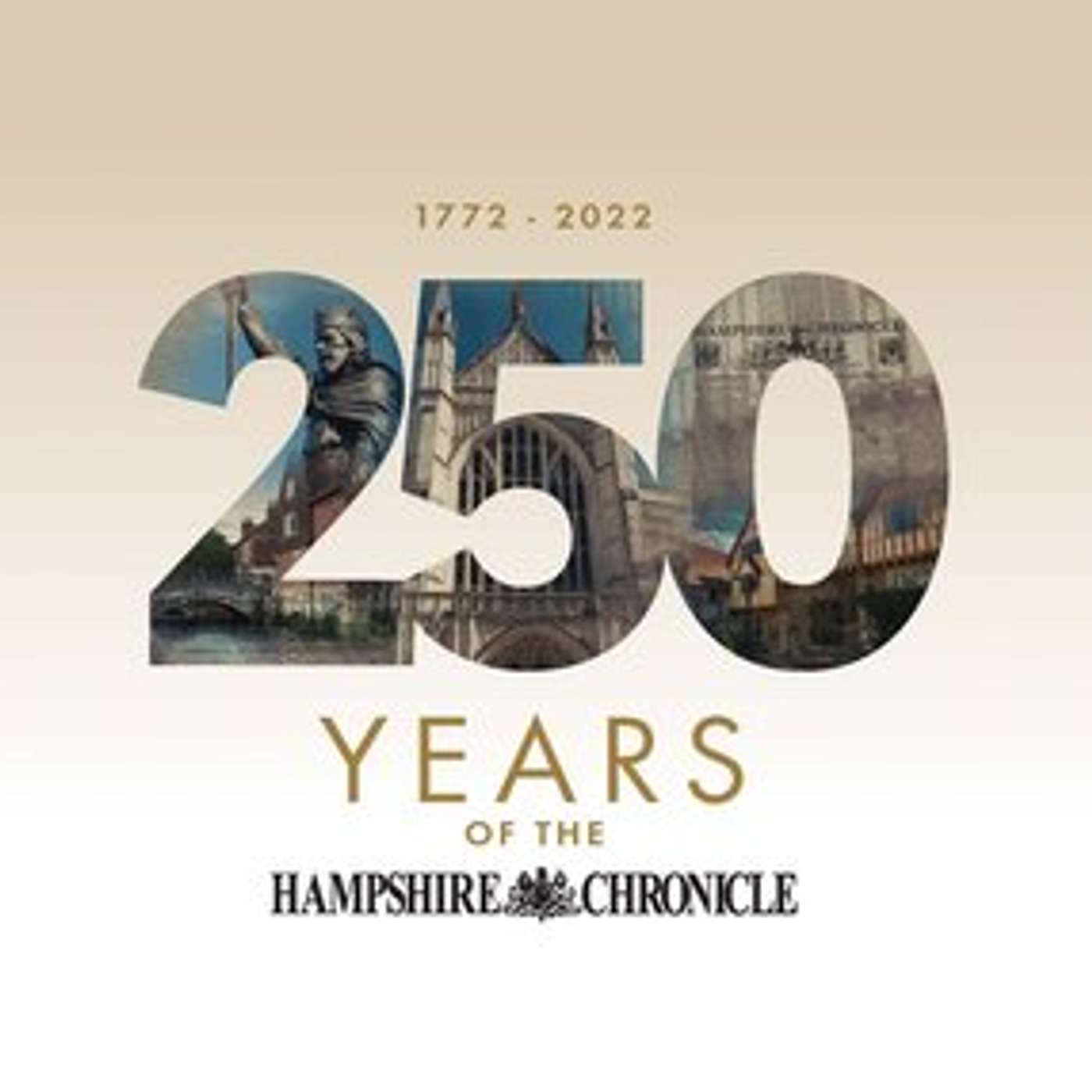 250 Years of History with the Hampshire Chronicle
22:14
250 Years of History with the Hampshire Chronicle
22:14
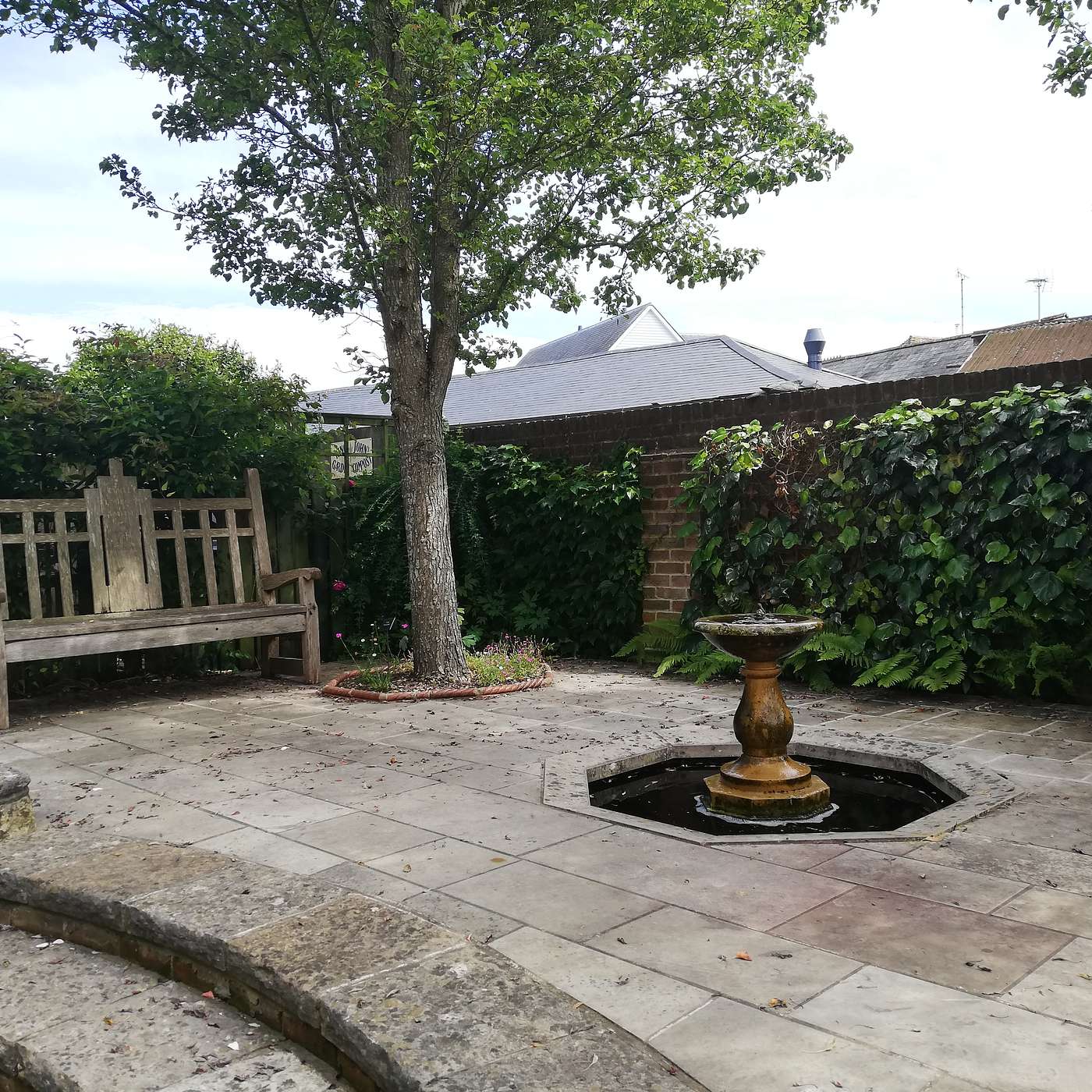 From Riches to Rags, then Restoration - King John’s House
26:23
From Riches to Rags, then Restoration - King John’s House
26:23
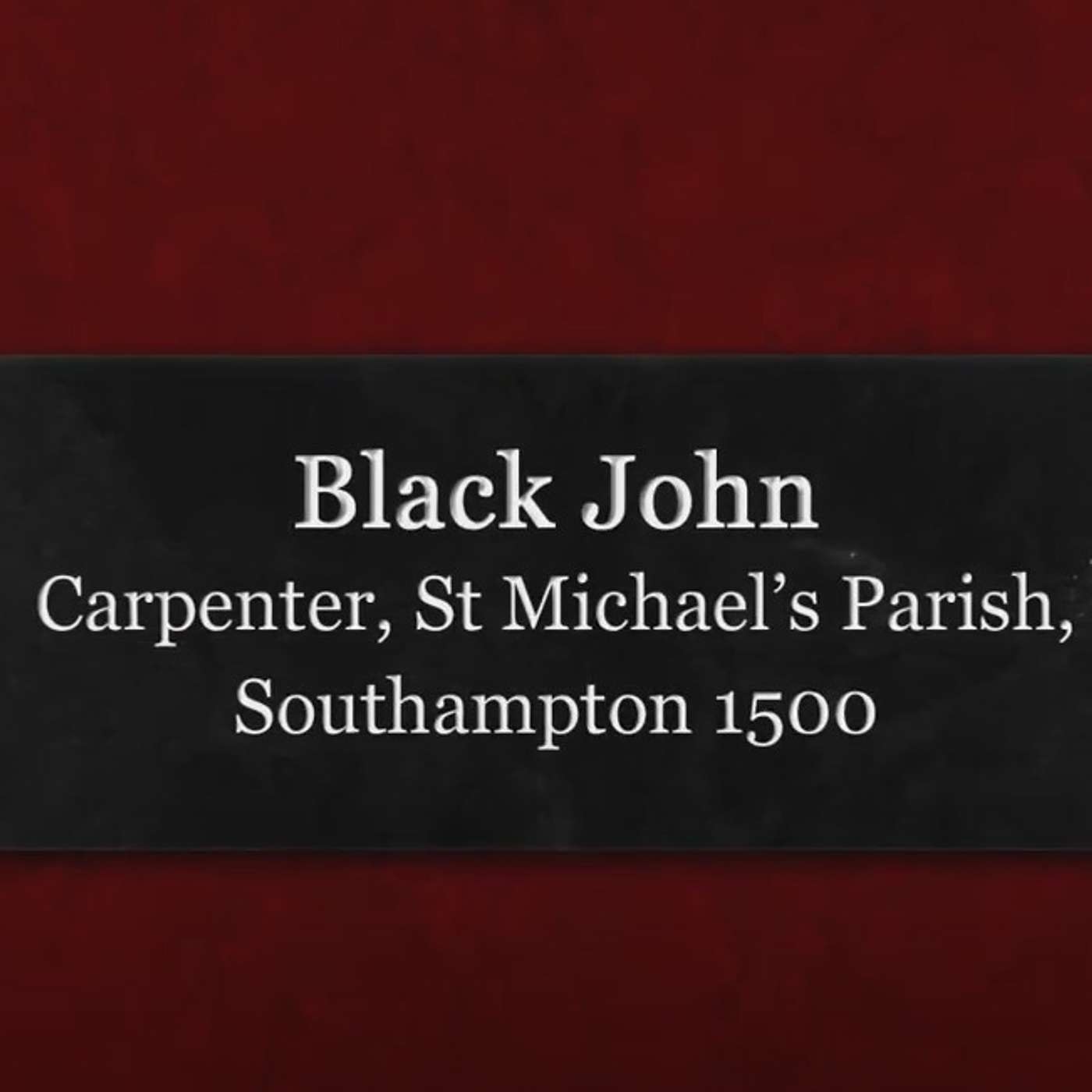 Black John: Southampton's 16th Century African Entrepeneur
22:08
Black John: Southampton's 16th Century African Entrepeneur
22:08
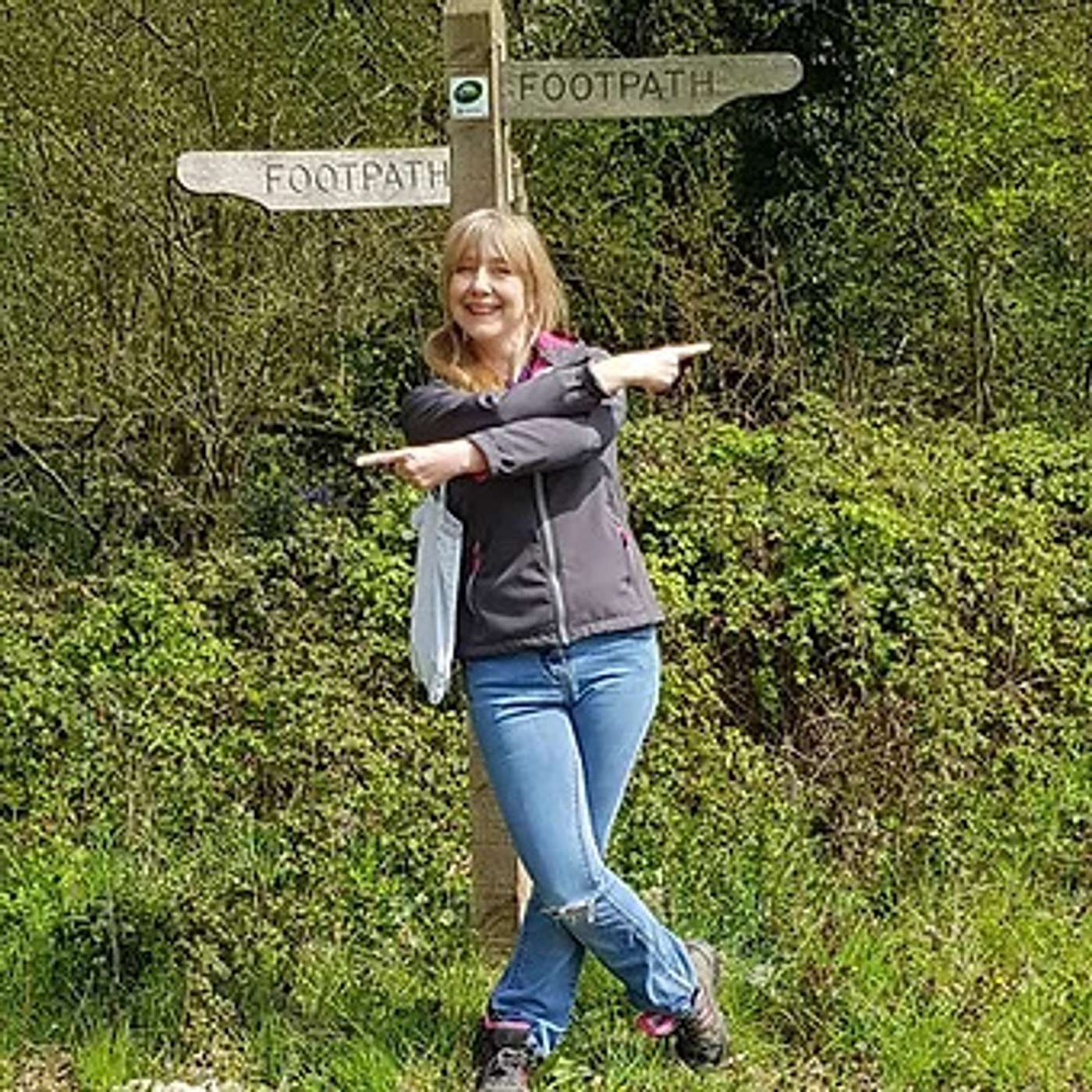 Myths and Legends of the Test Valley
26:37
Myths and Legends of the Test Valley
26:37
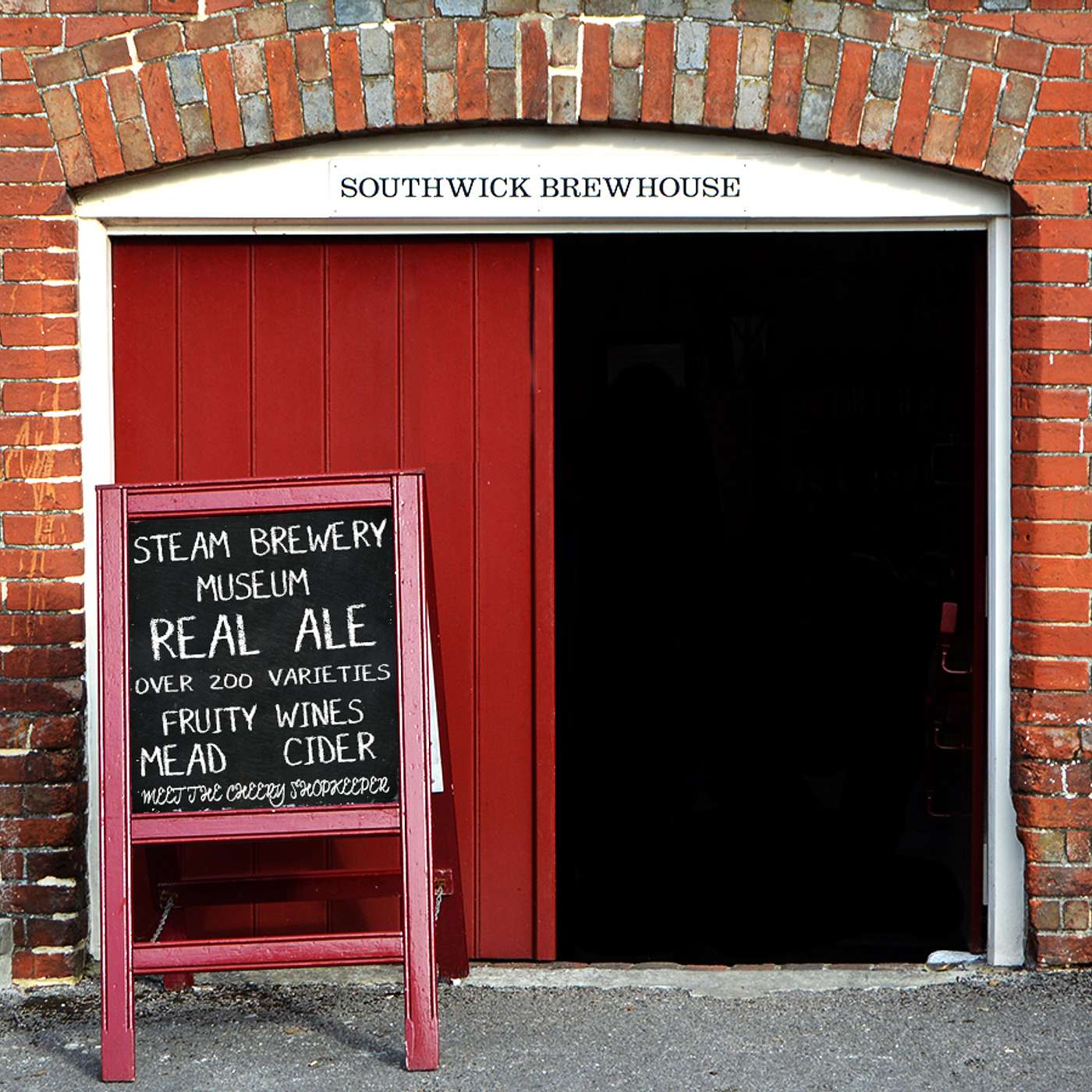 Barley, Hops, and Toil: Ingredients to Southwick Brewhouse’s Success
34:57
Barley, Hops, and Toil: Ingredients to Southwick Brewhouse’s Success
34:57
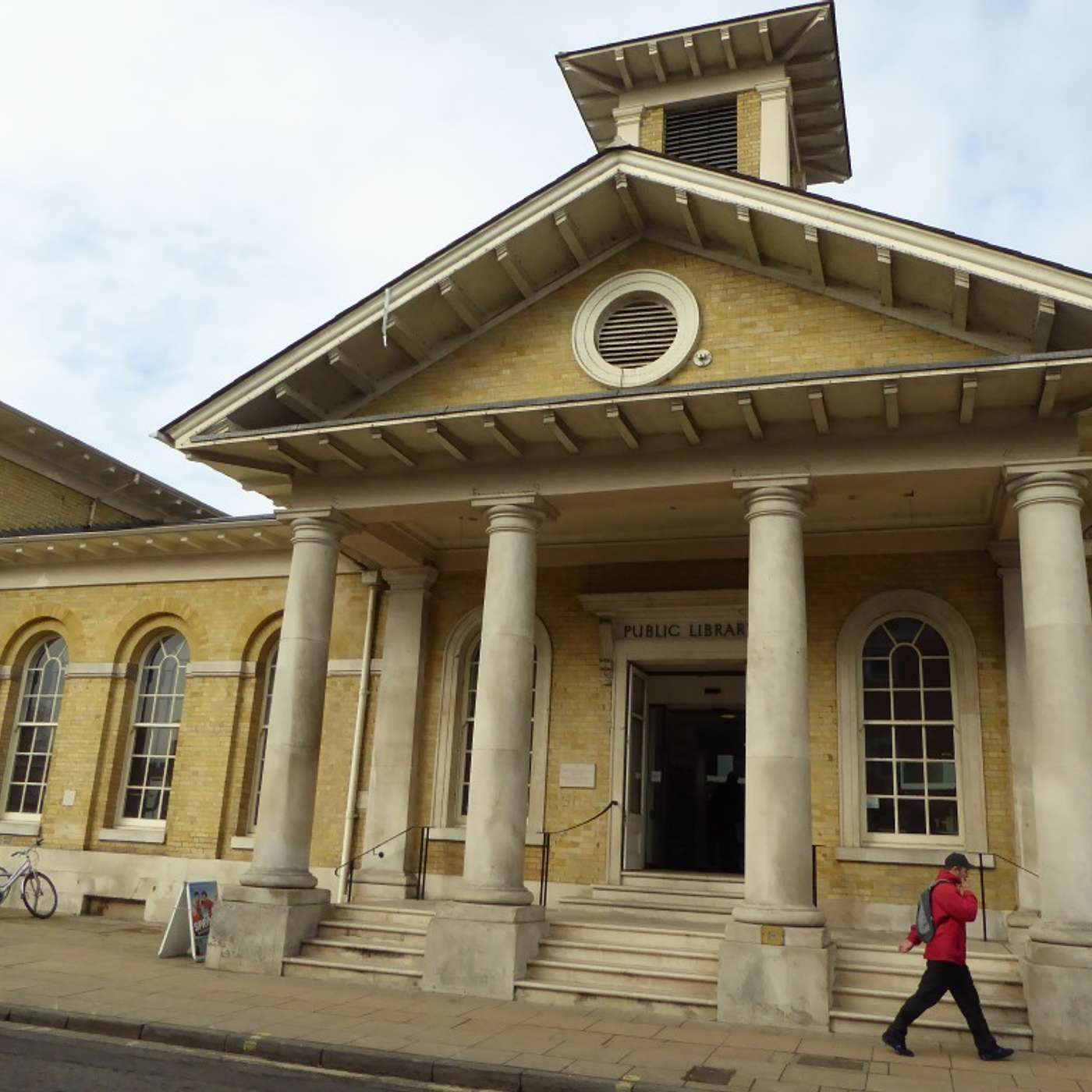 Hampshire Cultural Trust: Linking the Past with the Future
20:32
Hampshire Cultural Trust: Linking the Past with the Future
20:32
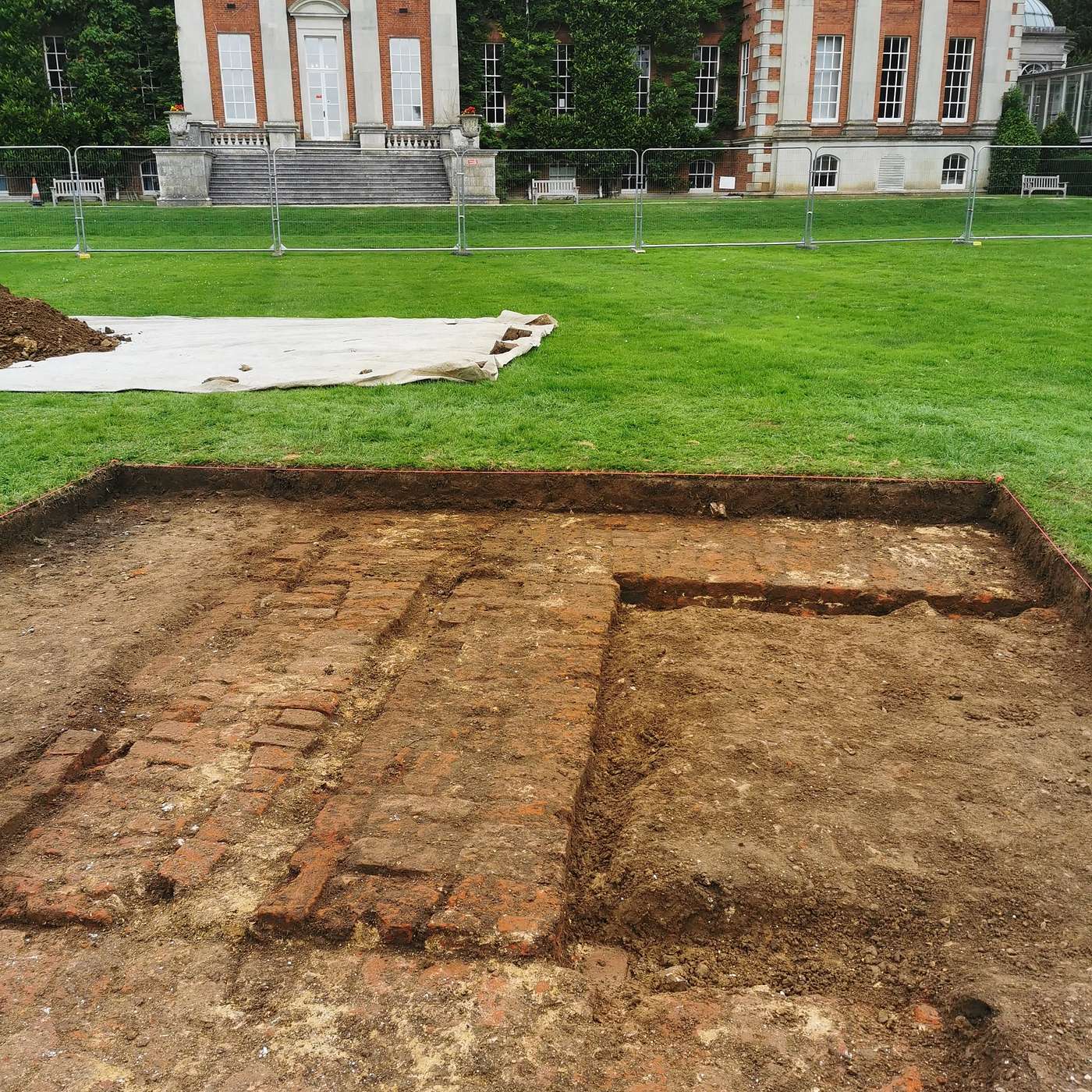 The Hidden House in Hursley Park
29:14
The Hidden House in Hursley Park
29:14
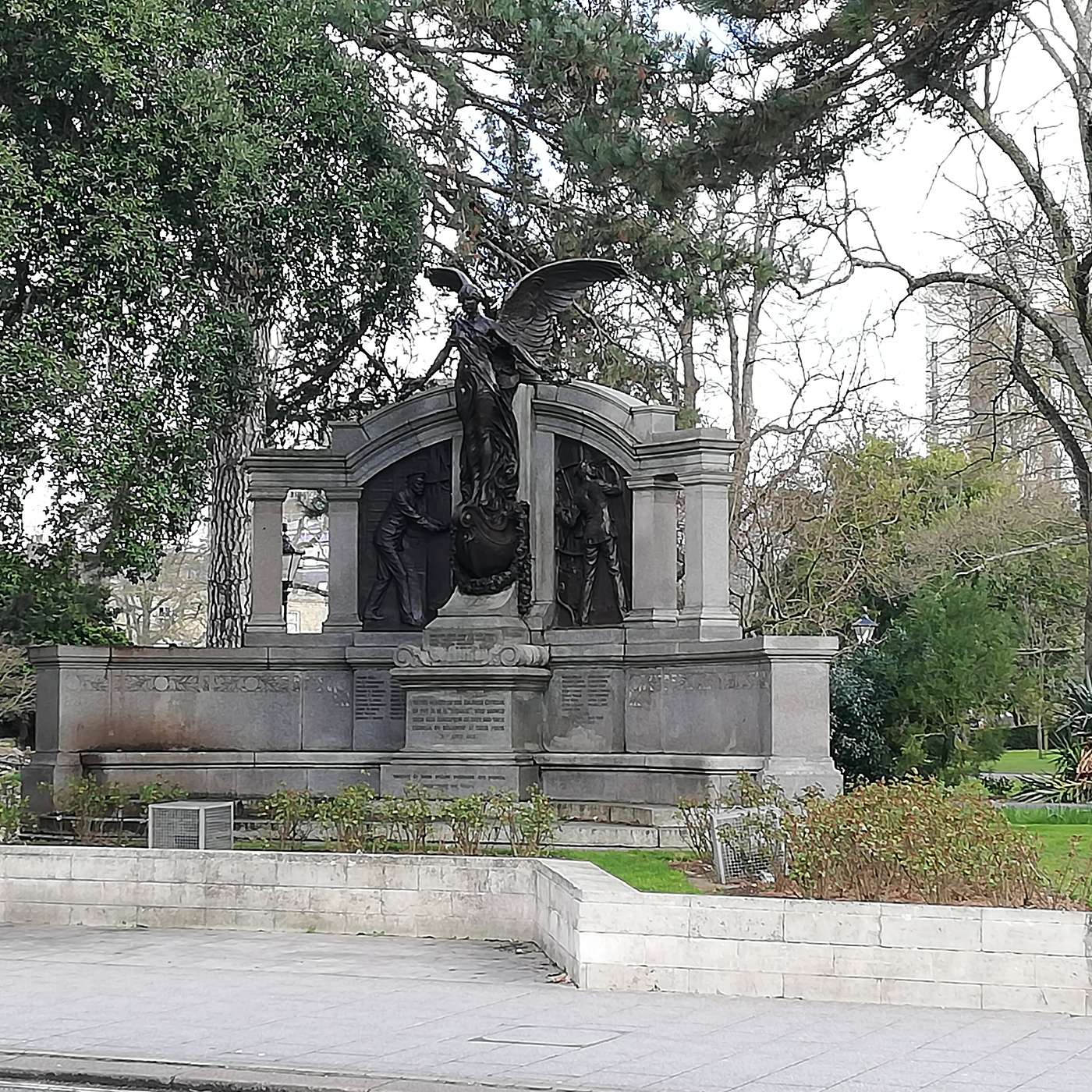 Tragedy at Sea: Southampton's Connection to the Titanic
30:37
Tragedy at Sea: Southampton's Connection to the Titanic
30:37
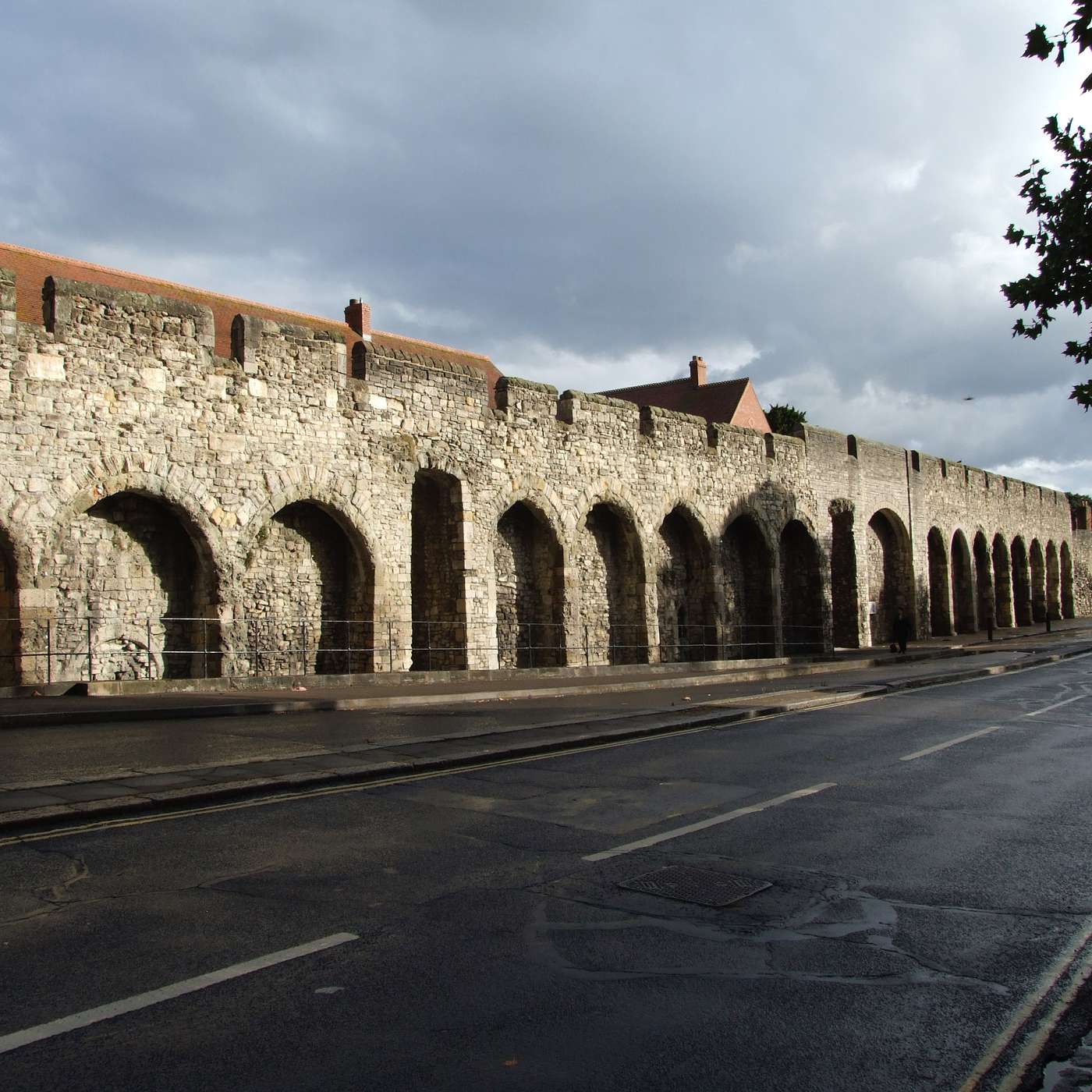 The Life and Death of Henry V’s Navy in Hampshire
24:50
The Life and Death of Henry V’s Navy in Hampshire
24:50
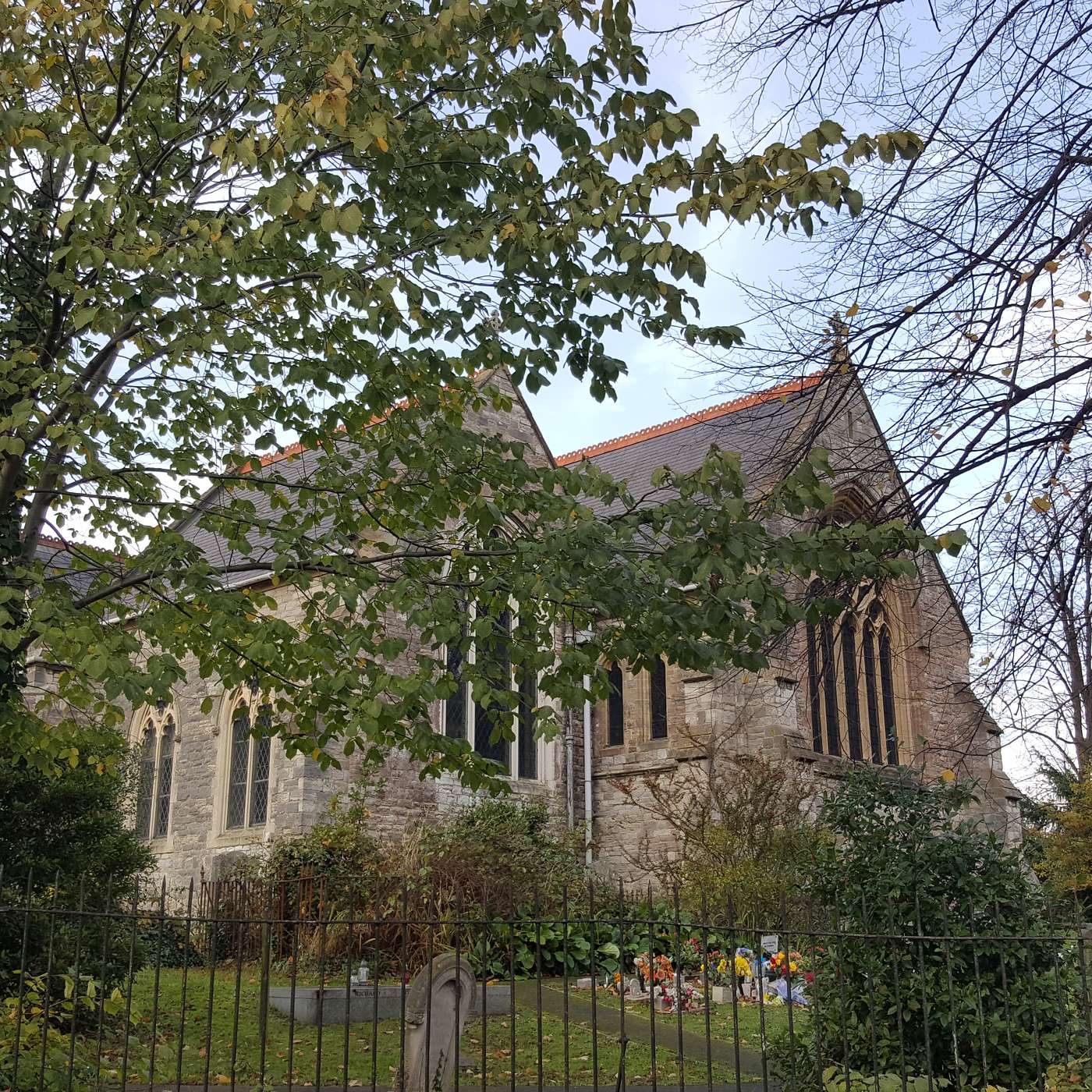 Pear Tree Church: From the Bishop of Winchester to the Life of Pi
26:56
Pear Tree Church: From the Bishop of Winchester to the Life of Pi
26:56
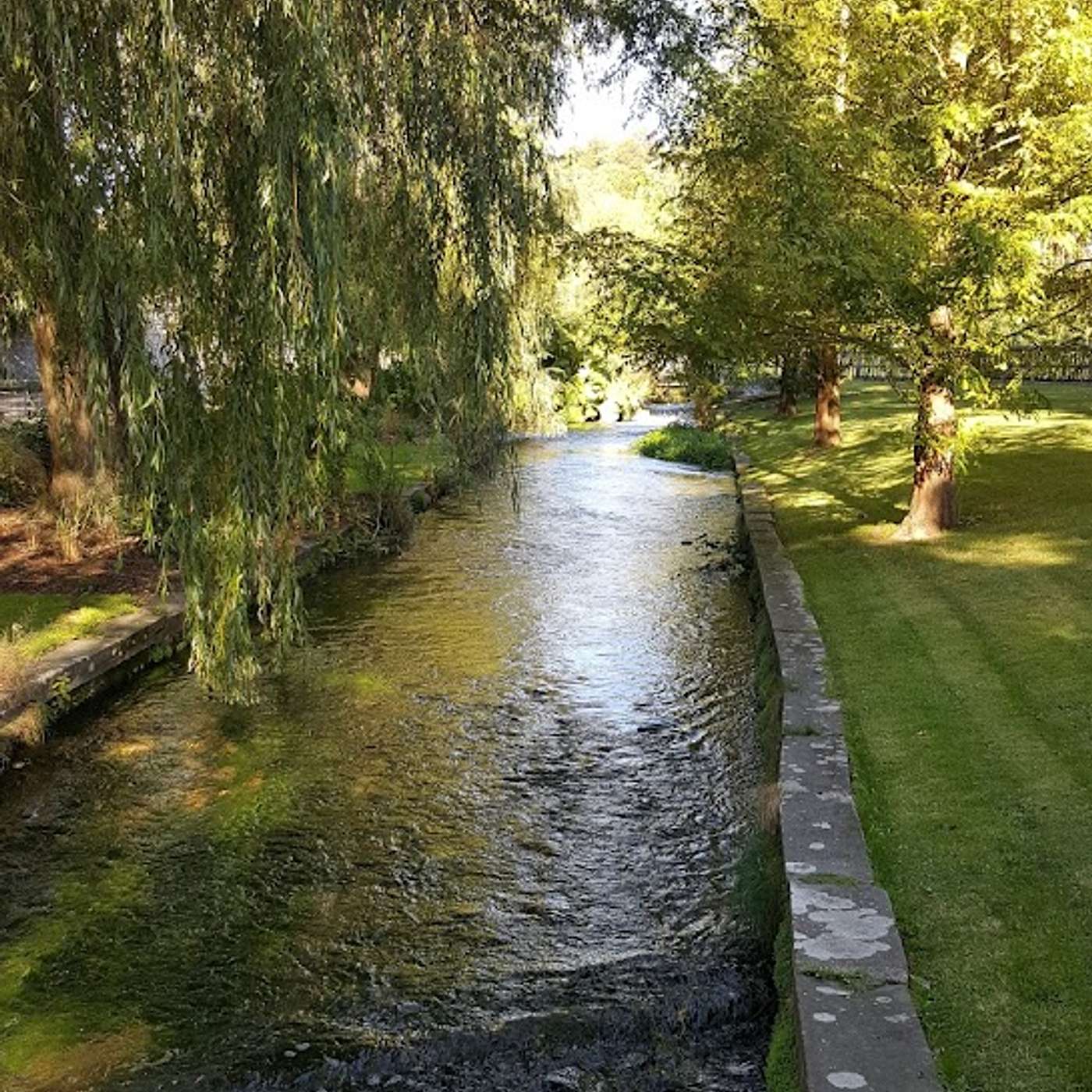 How Two Millenia of History Shaped the River Itchen
33:59
How Two Millenia of History Shaped the River Itchen
33:59
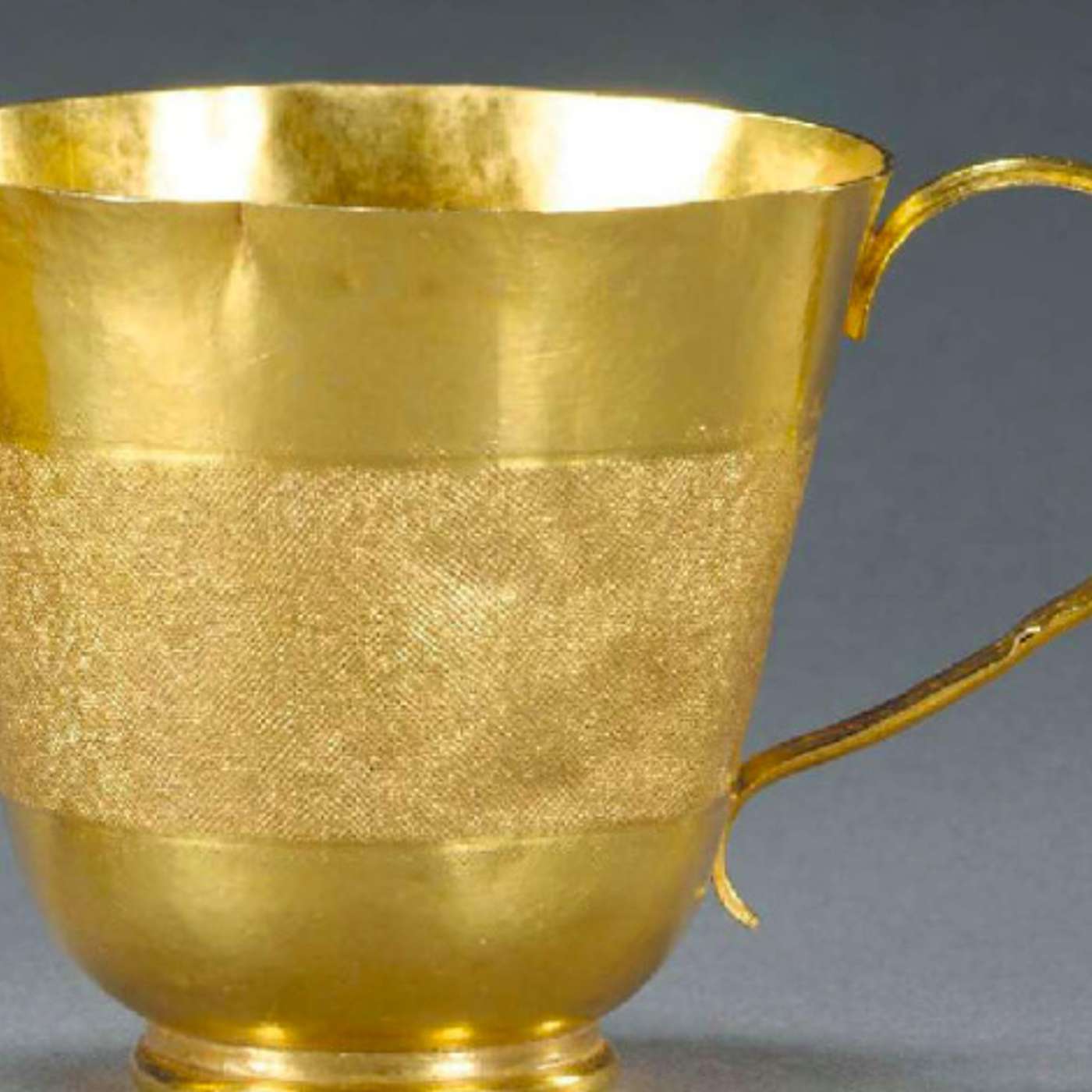 Dark Gold: The Lifeblood of Early Modern Europe
16:38
Dark Gold: The Lifeblood of Early Modern Europe
16:38
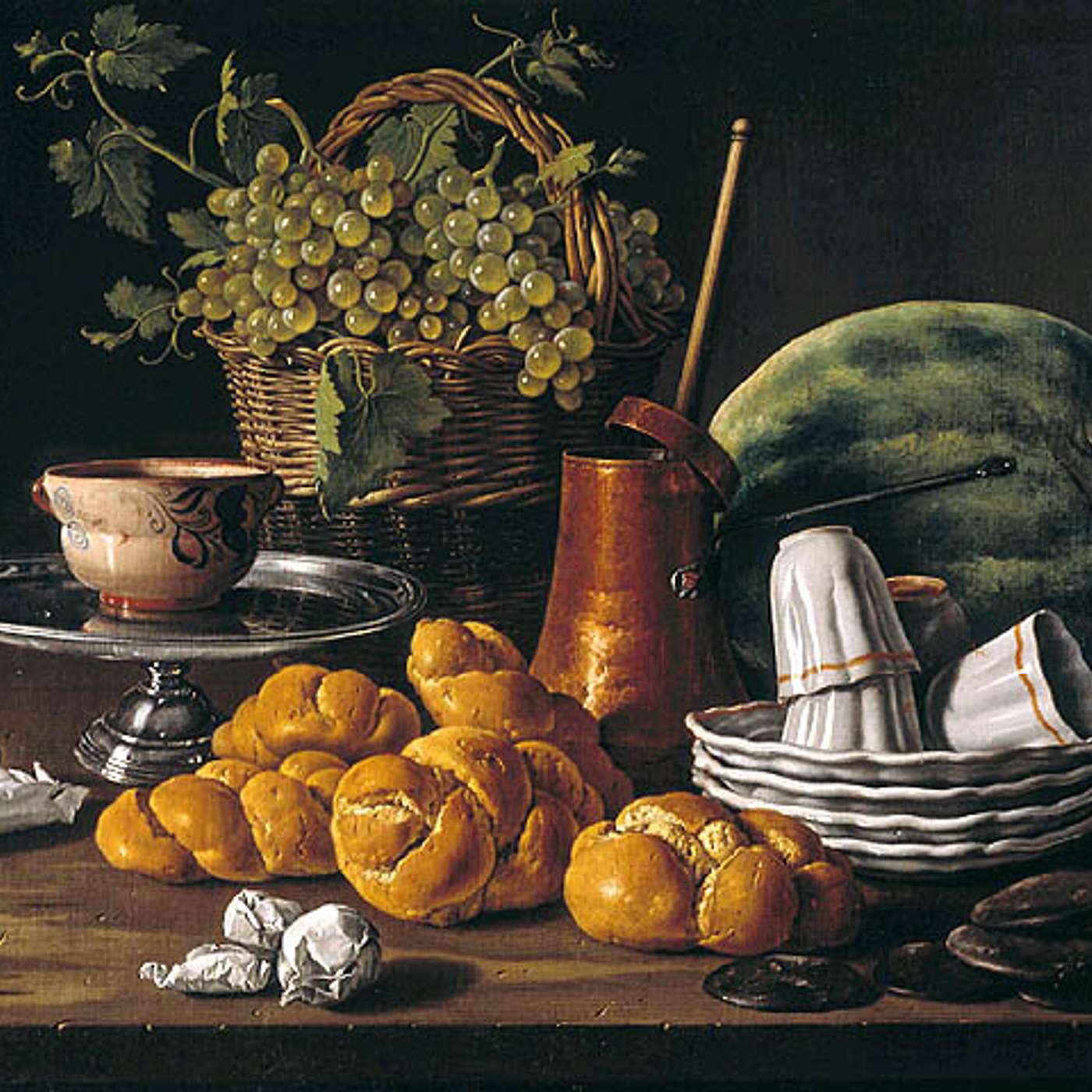 Dark Gold: A Drink for Doctors and Kings
25:03
Dark Gold: A Drink for Doctors and Kings
25:03
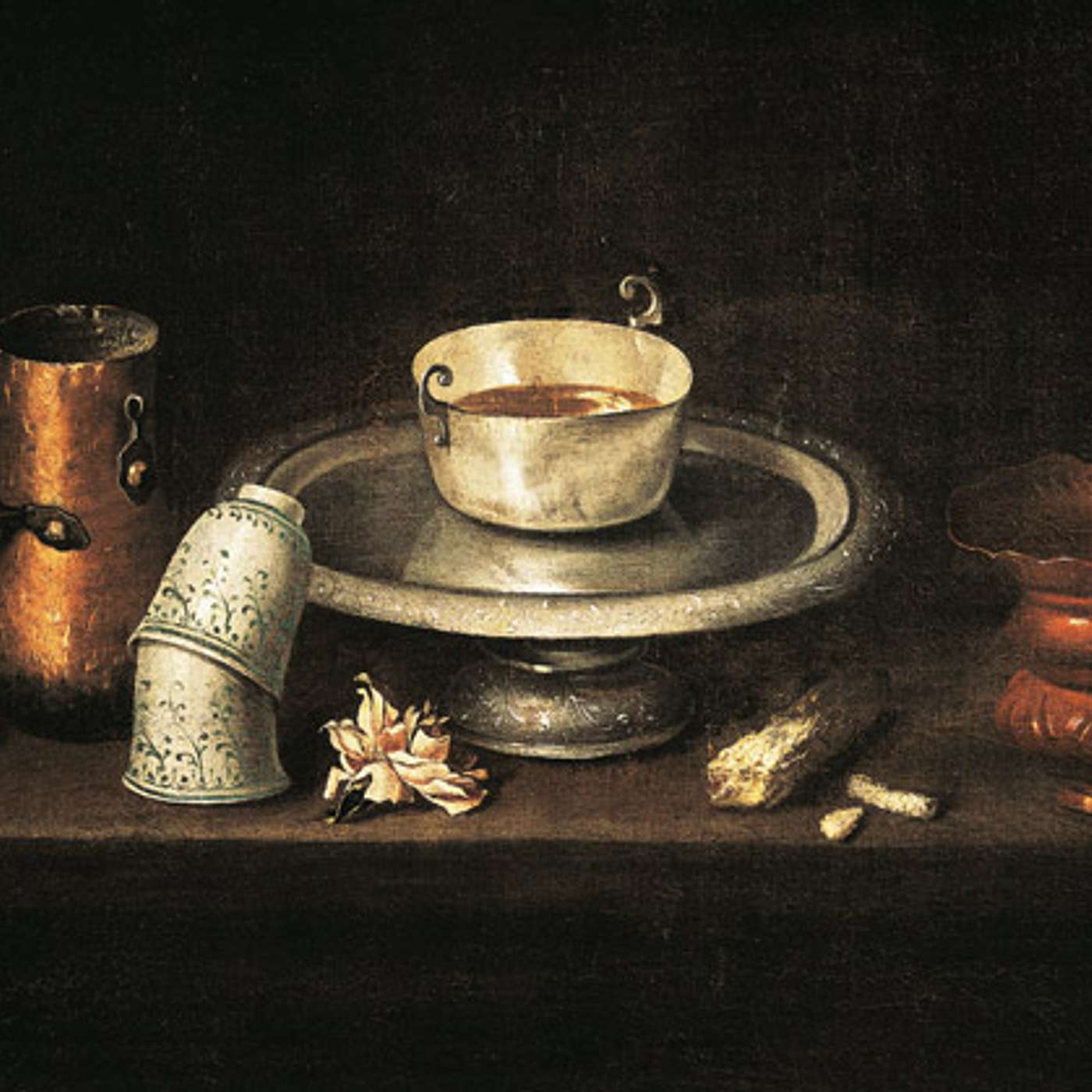 Dark Gold: Bringing Chocolate from Mesoamerica to Europe
25:27
Dark Gold: Bringing Chocolate from Mesoamerica to Europe
25:27
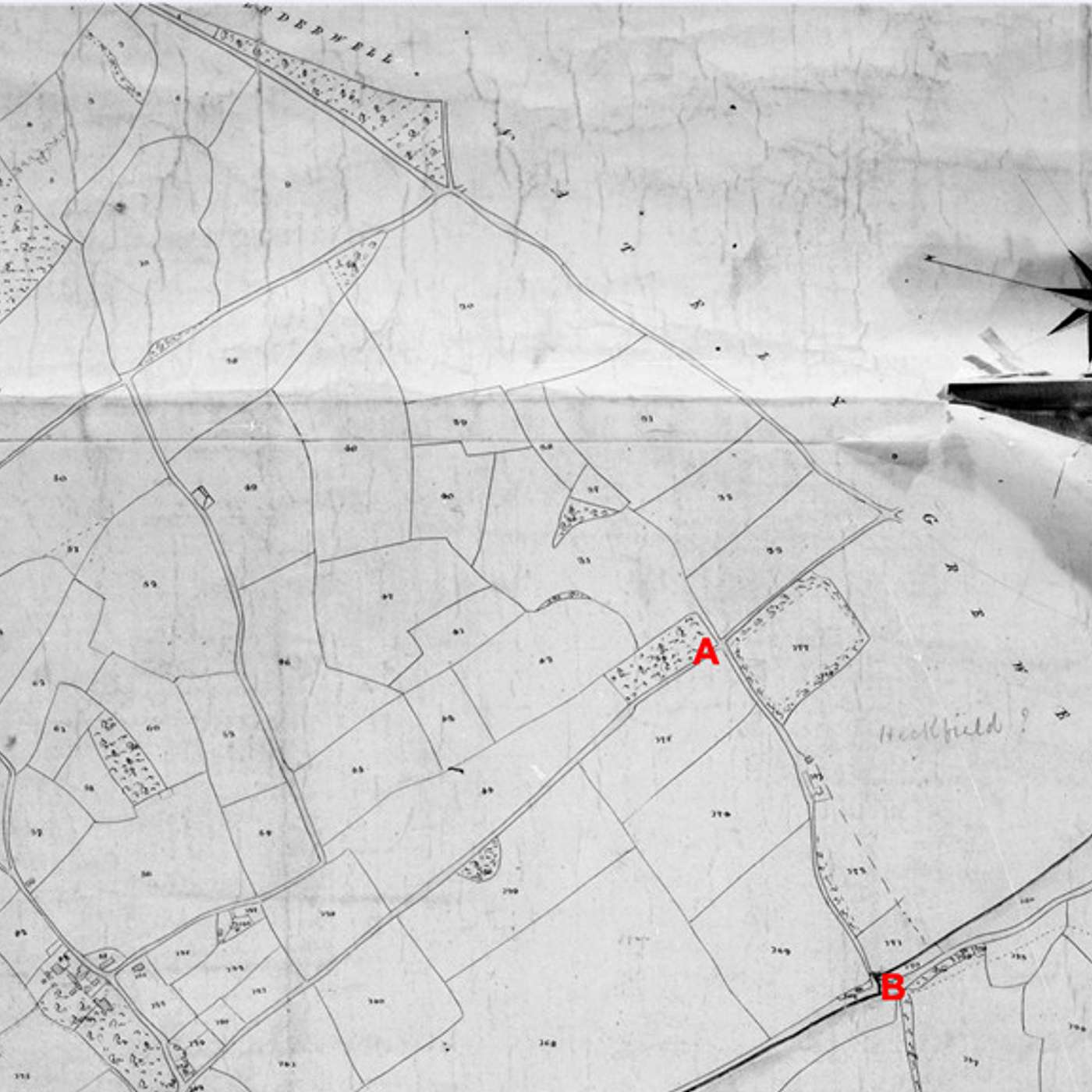 Hampshire Ramblers’ Fight to Preserve our Paths
30:12
Hampshire Ramblers’ Fight to Preserve our Paths
30:12
